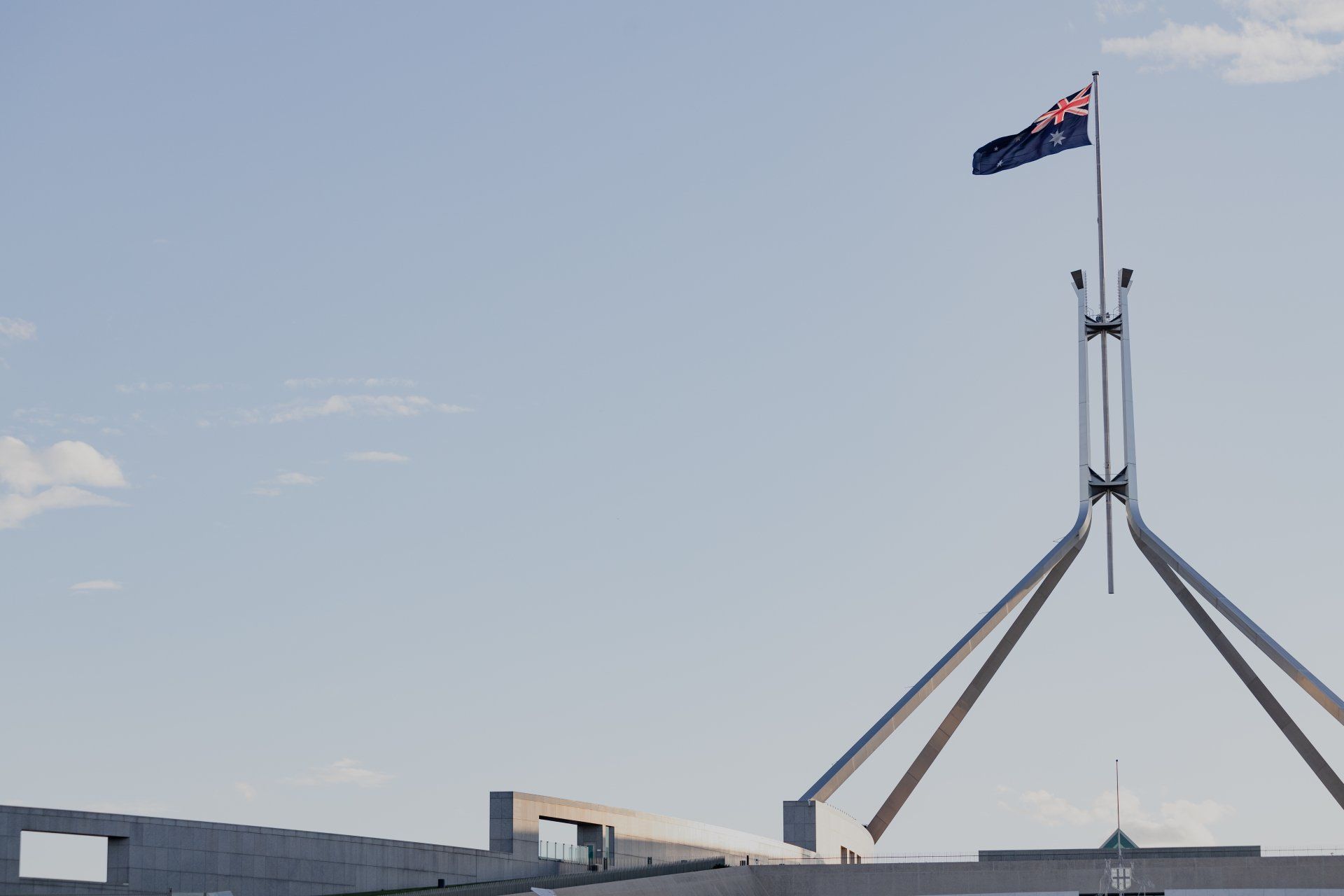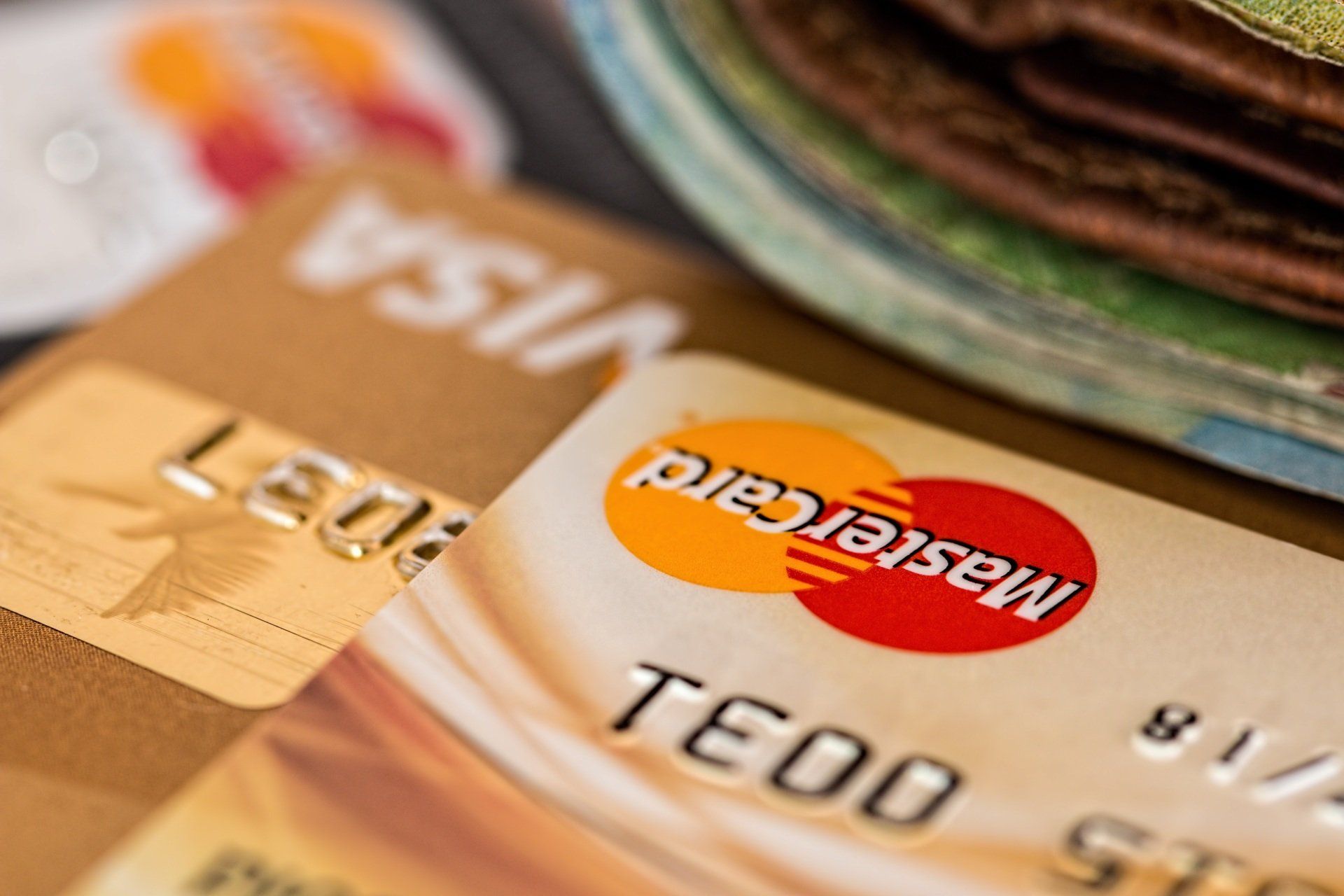Christmas parties and gifts the ATO has put you on notice

The ATO has recently put out a warning about the tax implications for the employer of holding a staff Christmas party. These events are a Fringe Benefits Tax (FBT) minefield and the ATO’s warnings are particularly timely given that we are now heading into the Christmas party season and thousands of Australian small businesses will pay for their staff to let their hair down at the annual end of year celebration.
If your business holds a Christmas function:
- on a working day, on your business premises, and only for your current employees, you don’t pay fringe benefits tax (FBT) for the food and drink.
- off your business premises at a hotel, restaurant, or function centre, or the party includes associates of employees (such as their partners), you don't pay FBT if the party is a minor benefit – that is, the cost for each person is less than $300 and it would be considered unreasonable to treat it as a fringe benefit.
- that includes clients, you don't pay FBT for the costs relating to the clients.
If you give your employees a Christmas gift, you don't pay FBT if the value of the gift is less than $300 per person and it would be considered unreasonable to treat it as a fringe benefit.
The minor benefits exemption applies to each benefit provided. What that means in practice is that if you are feeling generous and spend $290 per head on the party and then give a gift to each employee valued at a further $290, then both expenses are free of FBT. If you spend more than $300 on the function, the whole lot will be subject to FBT, not just the excess.
If the Christmas party is not subject to FBT, you can't claim income tax deductions for the cost of the party. Nor can you claim GST credits for the costs incurred.

Example: Christmas party on business premises – ATO Case Study No 1
A company holds a Christmas lunch on its business premises on a working day.
- Employees, their partners and clients attend.
- The company provides food and drink, and taxi travel home.
- The cost per head is $125.
In this instance Entertainment is being provided. A party for employees, associates and clients is entertainment, because the purpose of the function is for the people attending to enjoy themselves. Employees – no FBT, exemption applies. The employer doesn't pay FBT for the:
- food and drink for employees, because it is provided and consumed on a working day on the business premises.
- taxi travel, because there is a specific FBT exemption for taxi travel directly to or from the workplace.
Associates – no FBT, exemption applies. The employer doesn't pay FBT for the food, drink and taxi travel provided to the employees' partners (associates), because it is a minor benefit – that is, it has a value of less than $300 and it would be unreasonable to treat it as a fringe benefit. Clients – no FBT. There is no FBT on benefits provided to clients.
Income tax and GST credits
The employer can't claim an income tax deduction or GST credits for the food, drink or taxi travel provided for employees, associates or clients.

Example: – Holiday – ATO Case Study No 2
Example: holiday given as reward
A computer manufacturer offers a reward to employees of a retail computer store.
- The retailer agrees that the manufacturer can offer the reward to its employees.
- If an employee sells 200 computers in a month, they will receive a holiday consisting of 2 nights accommodation at the beach and 2 tickets to an aquarium.
- The total value of each holiday package is $600.
Entertainment is being provided. The holiday and tickets to the aquarium are recreation entertainment.
Employees – FBT applies
- FBT applies to the accommodation and tickets given to the employees who meet the sales target. The minor benefits exemption doesn't apply, because the value of the holiday package is $300 or more.
FBT liability – retailer
- The retailer, as the employer, is liable to pay the FBT as the benefits are being provided under an agreement with the manufacturer.
Income tax and GST credits
- The retailer can claim an income tax deduction for the FBT they pay.
- The manufacturer can claim an income tax deduction and GST credits for the cost of purchasing the accommodation and tickets.

Employers must keep all records of all the entertainment-related benefits you provide, including records of how you calculated the taxable value of the benefits. In particular, records should be kept showing:
- the amount spent on each employee.
- when and where the celebration is held
- who attends – is it just employees or are partners, clients and suppliers also invited?
- the value and type of gifts provided.
If your business also covers the cost of taxi fares to and from the festivities, these costs also count as part of the $300 per head limit if the function is off-site but will be exempt if the party is at your premises.
These same rules apply to gifts to employees in terms of the $300 limit.
Gifts to Clients and Suppliers
If you give festive gifts to clients and suppliers, you can claim a tax deduction for the cost of those gifts where the gift is given with a view to generating future income in the business. As an example, an expensive bottle of Whisky to your best customer, with a view of building goodwill which leads to more sales next year, the cost of the Whisky is tax deductible. This rule does not apply to items of a capital nature.
The dividing line between a gift (such as giving a bottle of wine) and the provision of entertainment (such as taking the client to a bar and purchasing a bottle of wine) can be hazy.
Christmas can be a taxing time for small businesses if you’re not careful. Always check with your accountant or business advisor for the best advice.
QUICK LINKS
CONTACT US
Privacy | Terms of Service | Evolve Online Bookkeeping © 2020 All rights reserved | site by mulcahy.com.au/marketing









